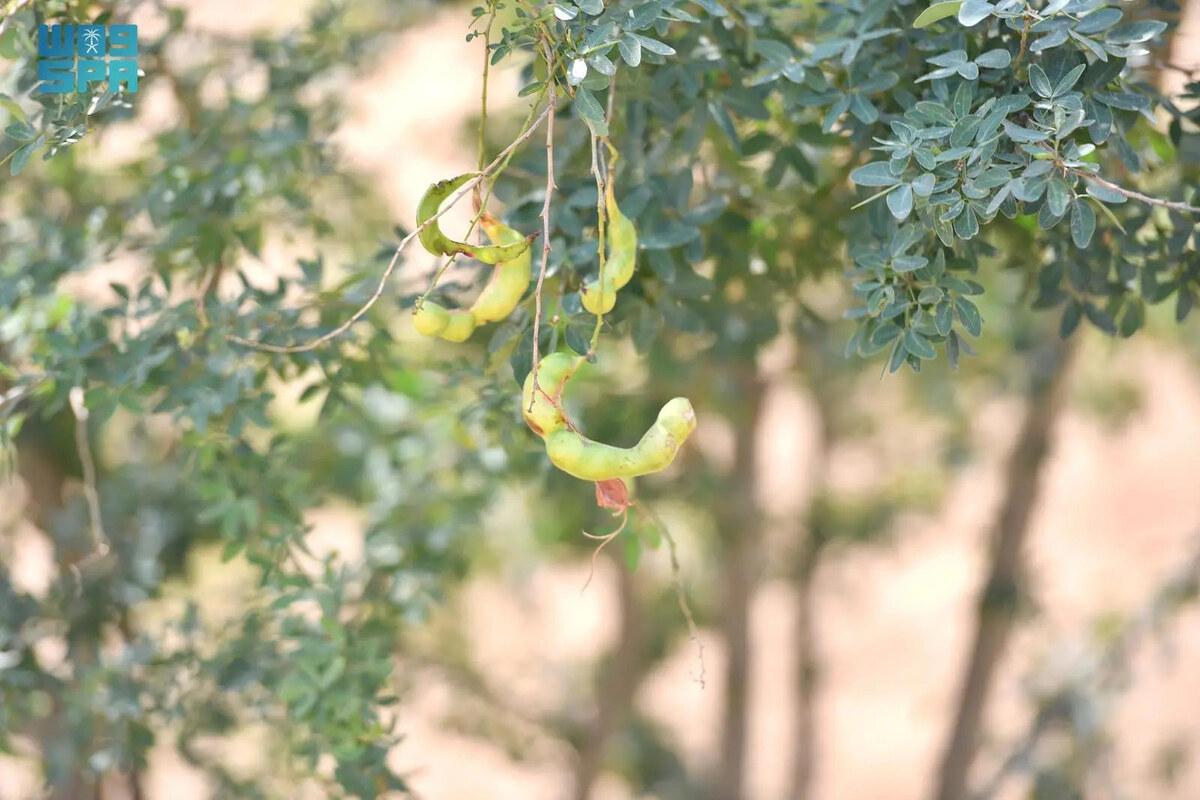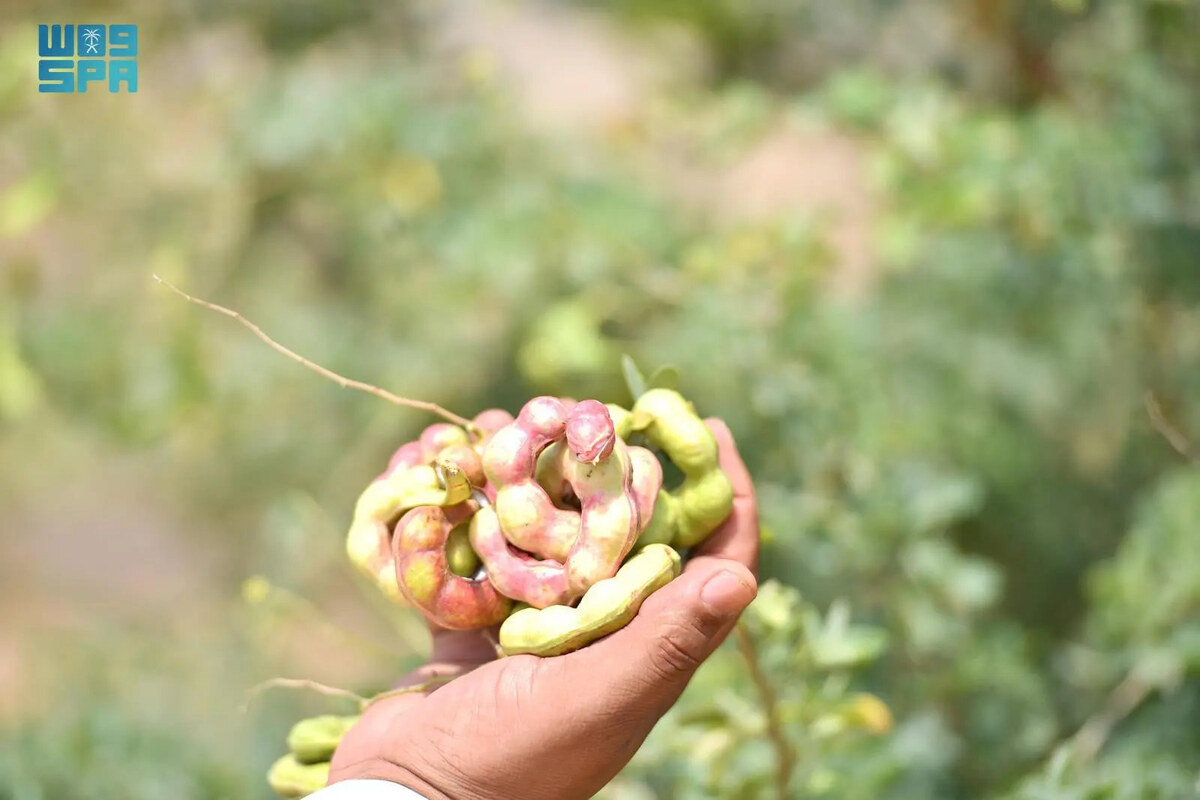RIYADH: In a world where women’s economic participation is crucial for sustainable development, the W20 initiative is amplifying women’s voices within the G20 framework.
A beacon of advocacy and action, the Saudi delegation for Women 20, or W20, is led by Miznah Al-Omair, CEO of Al-Nahda Society, which was founded in 1963 to empower women in Saudi Arabia.
In an interview with Arab News, Al-Omair emphasized the importance of including women’s issues in G20 dialogues: “The role of women must be considered in decision-making processes, as these decisions impact women’s economic realities.” This perspective underscores the need for a platform that prioritizes women’s voices in global economic policy discussions.
Through its strategic initiatives, W20 seeks to foster gender equality and empower women economically, ensuring their concerns are heard and integrated into high-level discussions, she said.
We must ensure that every woman can voice her needs and aspirations in the economic landscape, fostering an environment where they can thrive.
Miznah Al-Omair, Head of W20 Saudi delegation
W20 operates independently while maintaining connections with government entities. Its main objective is to ensure women’s issues are integrated into G20 discussions, official declarations and commitments, shaping the agenda of this influential forum.
By advocating for policies addressing the particular challenges women face, the W20 initiative is creating a more equitable economic landscape.
Host countries play a key role in shaping the W20 agenda by identifying areas that reflect their specific contexts. For instance, Brazil’s focus this year highlights the intersection of race and ethnicity with women’s economic challenges.
Al-Omair explained: “By examining the unique challenges women face based on their race and ethnicity, we can develop targeted solutions that address systemic barriers.”
This approach allows for a nuanced understanding of women’s diverse experiences and facilitates the creation of tailored solutions to address their needs.
W20 collaborates with various stakeholders to compile evidence-based recommendations for women’s economic empowerment. These recommendations are presented to G20 leaders for adoption, promoting best practices that can be tailored to different national contexts.
“If a successful program exists in one country, we encourage others to adopt similar frameworks that can benefit women economically,” Al-Omair said. This collaborative spirit is crucial for building a unified approach to women’s empowerment across nations.
Since Saudi Arabia hosted the W20 summit in 2020, significant progress has been made in advancing women’s roles in the economy. The focus has shifted from simply including women in discussions to actively promoting their participation and leadership in various sectors.
“We have made tremendous advancements, and our efforts are reflected in the increasing visibility and effective roles of women in various sectors,” she said. This progress is notable, yet it highlights the ongoing challenges women face in achieving full economic participation.
Despite these advancements, obstacles remain. Women’s participation often depends on individual aspirations and the supportive infrastructures present in different sectors.
“While reforms to laws and regulations promote gender equality, equal opportunities in the private sector have yet to be achieved,” Al-Omair said.
This variability underscores the need for continued advocacy and the development of frameworks that foster an inclusive environment for women.
One standout initiative from Al-Nahda Society is its financial literacy program, launched in 2017. This program equips women with essential skills in budgeting, planning and investment, promoting financial independence.
“This program has proven impactful, helping women gain financial independence and equipping them to launch and sustain their businesses,” the organization’s CEO said.
By focusing on financial literacy, the W20 agenda will empower women to take control of their economic futures.
“We must ensure that every woman can voice her needs and aspirations in the economic landscape, fostering an environment where they can thrive,” Al-Omair said.
This commitment to inclusivity is key to creating a future where women’s economic participation becomes the norm, not the exception.
W20’s collaborative efforts highlight the importance of context-sensitive approaches to women’s empowerment. Effective solutions must resonate with each country’s social and national frameworks.

































